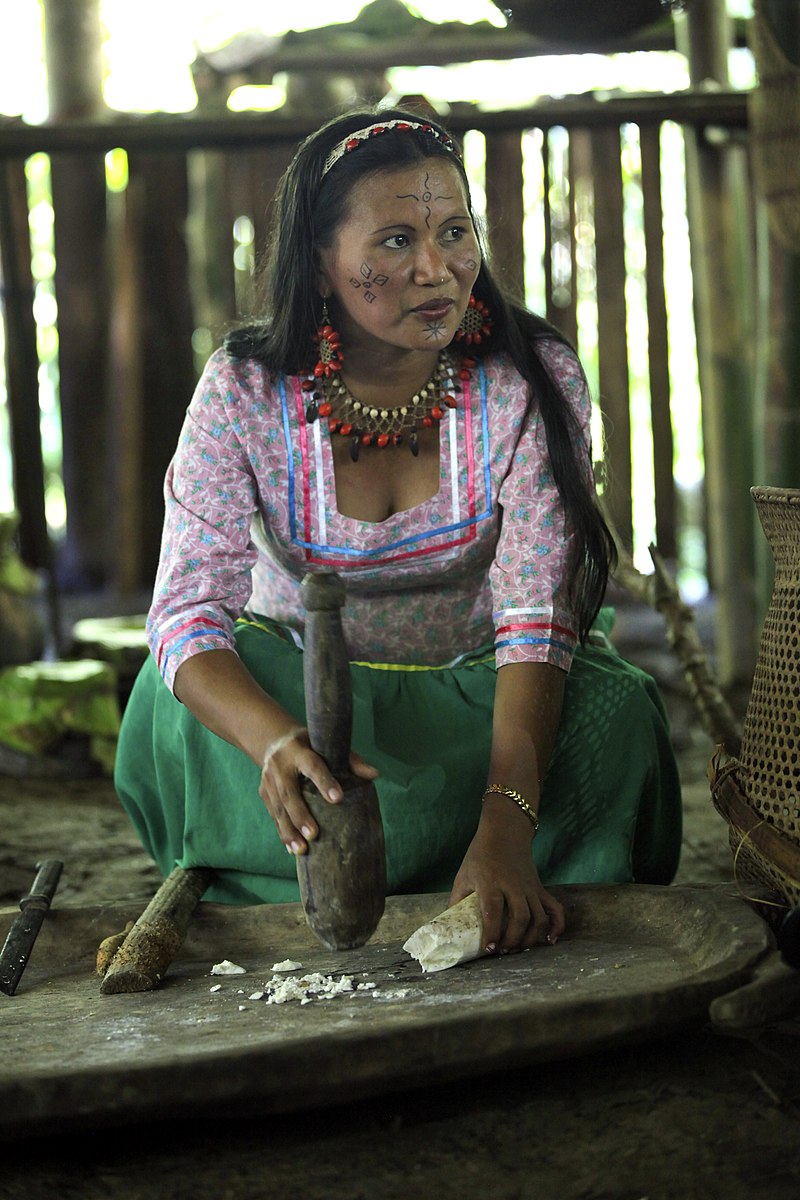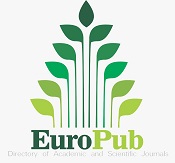Commonplace. The substitutive ordinance that characterises the Public Company AGROPZACHIN of Ecuador: human development and ancestral knowledge
Abstract
The Ecuadorian Constitution of 2008, by incorporating the cosmovision of the ancestral peoples, became an Intercultural Constitution with a meta-political purpose. In the Anthropocene, ancestral knowledge and life in harmony are coupled with nature, Good Living (sumak kawsay Kichwa) became a constitutive and transformative element of how social development would be in Ecuador. The content of the Constitution presents an adaptive meaning that deals with the social aspect and its materialization in a process that incorporates values for an intercultural coexistence (Pacari, 2014), a perspective that forms a model of Constitution with an active, participatory and communitarian State (Palacios, 2008). Foucault (2007a) explains that with biopolitics the public system controls the proletarian to produce capital and Alfredo Jalife-Rahme (2022) points out that the world is experiencing the first hybrid war in Ukraine. Meanwhile, in the province of Zamora Chinchipe, the Provincial Council, creator of public companies such as AGROPZACHIN, lacking an Intercultural Language, does not achieve communicative articulation and does not interact with Relational Spaces as Meeting Places, instead it affects the property right of the use of ancestral knowledge Make believe that it has the responsibility to establish and promote the interaction between the political power that uses the factual human action and the post-factual communication with the Group of Nankais Women (GMN) of the Shuar Nankais Center, Rural Parish Shuar Nankais (PRShN) in the scope of the common good. The GMN initiates a route in coexistence with the Public Company that continues in the intracultural coexistence starting in a Site where it initiates the management in the Public Company to build the Intercultural Unit Relational Space Intercultural Cultivation Center Nankais (UI-CCN) a Common Place dedicated to the cultivation of species that are part of the ancestral diet: Tsuntsu (edible freshwater snail) and Mukush (mushroom) using ancestral knowledge.
Keywords: Ancestral knowledge, Spaces, UI-CCN.
Downloads

Downloads
Published
How to Cite
Issue
Section
License

This work is licensed under a Creative Commons Attribution-NonCommercial-ShareAlike 4.0 International License.
The Journal declines any responsibility for possible conflicts derived from the authorship of the works published in it.
The originals of the journal Acordes, published in electronic version, are property of the Faculty of Economics and Administrative Sciences of the University of Cuenca, being necessary to cite the source in any partial or total reproduction.
Unless otherwise indicated, all contents of the electronic edition are distributed under a Creative Commons Attribution-NonCommercial-ShareAlike 4.0 International License.




